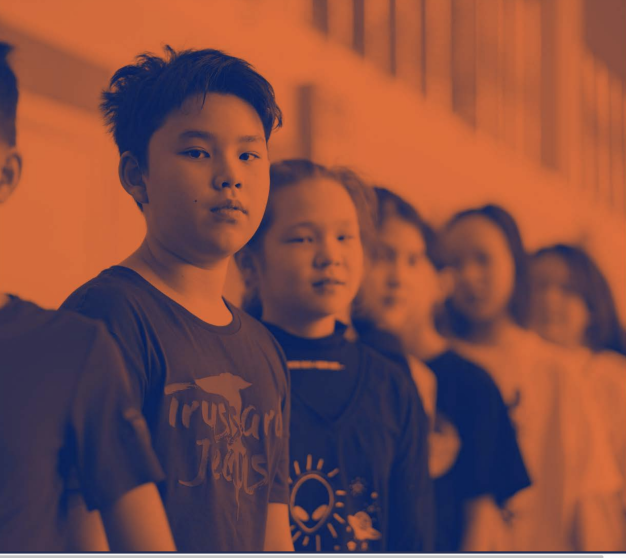
New ‘guiding principles’ from WHO for online mental health content for young people
A report that explores ‘guiding principles’ for developmentally-appropriate online mental health content for young people has been published by the World Health Organization (WHO).
It follows an important meeting in October when WHO and the British Medical Journal brought together over 20 global health experts with backgrounds in digital media, child and adolescent mental health and suicide prevention to take part in key discussions.
Participants were diverse in gender and geographic locations, joining online from 16 different countries. The meeting came on the back of a WHO-commissioned review on existing literature and perspectives of young people through focus group discussions. This explored evidence and young people’s views on what online content can best promote young people’s well-being and mental health.
Due to limited research on audiences under 13 years, the meeting experts focused on discussing evidence and experience primarily in relation to young people aged 13-17 years.
No formal WHO guidelines and recommendations were established during the meeting; rather, agreed actionable points were proposed that would benefit young people and inform further work in this area.
The guiding principles
From the rapid review, 10 guiding principles for developmentally-appropriate online mental health content were identified. These were ranked by experts in the pre-meeting survey, and key considerations for the implementation of guiding principles were discussed during the roundtable.
The 10 guiding principles cover areas of emotional relevance, practical advice, cognitive fit, relatable language, diversity and inclusivity, real-life stories, visual engagement, evidence-based clarity, accessibility, and alignment to human rights standards.
The ‘key takeaways’, says WHO, for defining and applying the guiding principles emerging from the roundtable meeting included:
-
All children and adolescents have different neurocognitive and developmental profiles, despite being approached similarly by many content producers and digital platforms.
-
There was a lack of evidence on younger age groups, lower-income settings and a lack of developmentally staged information overall.
-
The principles should be regularly adapted to account for the rapidly evolving digital landscape and the needs of young people.
-
While digital platforms may be powerful tools for information and awareness, they need to be part of a broader, integrated system of comprehensive mental health care to be truly effective. This can be partly facilitated by content that encourages help-seeking behaviour and integrates online with offline support services.
-
Content should avoid narratives that may inadvertently cause harm and contribute to reducing stigma
-
Content should also consider diverse backgrounds and experiences, align with human rights conventions and be grounded in scientific research.
-
Young people should be part of content creation design.
The participants raised the substantial challenge of establishing universally applicable principles, citing issues such as diverse cultural norms, digital inequity, data privacy concerns, and the lack of evidence particularly from low-income settings.
The WHO said that further work and collaboration with stakeholders ‘were vital to build upon this foundational effort, supporting the creation and distribution of developmentally appropriate online mental health content for young individuals.
‘The next steps may involve additional research, validation mechanisms for content, identifying exemplary practices, and engaging multiple stakeholder groups,’ it added.
Click here to see the report.




